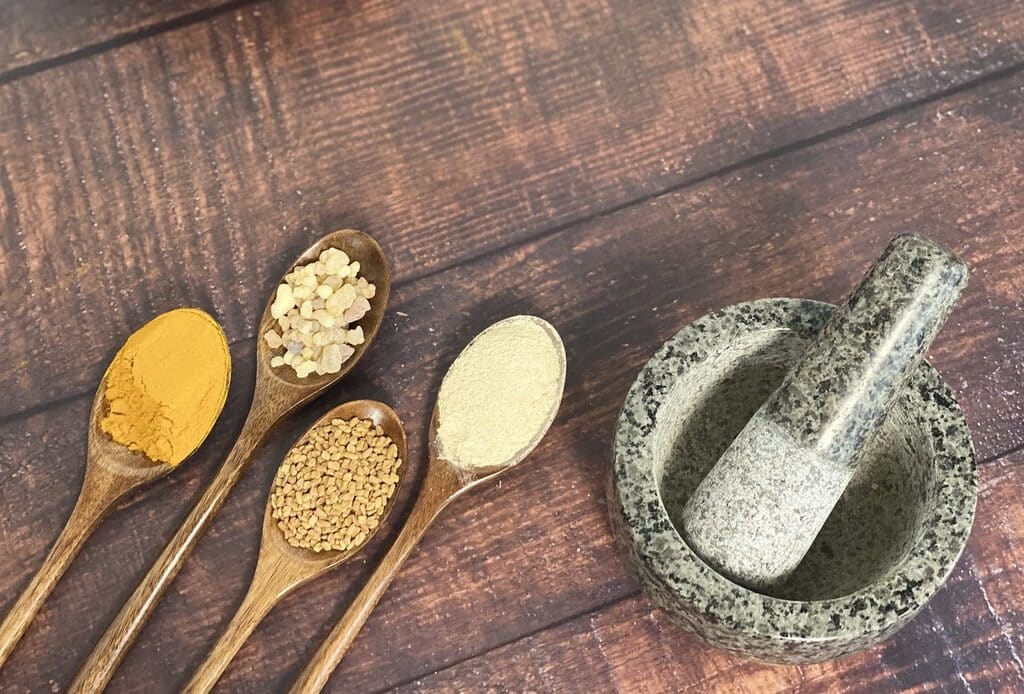
In the vast universe of herbal supplements, two names frequently emerge as stars: kava and ashwagandha. These two plants, steeped in centuries of traditional medicine, have recently gained popularity in the modern wellness landscape for their potential health benefits. But when it comes to choosing between kava or ashwagandha, which one should you opt for? This comprehensive guide aims to provide you with the information you need to make an informed decision.
Kava: The Pacific Elixir
Kava, scientifically known as Piper methysticum, is a plant native to the Pacific Islands. The roots of the kava plant are traditionally used to produce a ceremonial drink that has been celebrated for its sedative and anesthetic effects. Today, kava is available in various forms, including capsules, tinctures, and teas.
The Calming Benefits of Kava
Kava has been widely recognized for reducing anxiety and improving sleep quality. The calming sensation it provides can be a boon for those suffering from stress or insomnia. Numerous scientific studies have shown that kava can effectively reduce anxiety symptoms, positioning it as a natural alternative to pharmaceutical treatments.
The active compounds in kava, known as kavalactones, are believed to affect the brain’s GABA receptors, which helps promote relaxation. This makes kava a popular choice for those seeking a natural remedy to calm their nerves and promote a state of tranquility.
The Potential Risks and Side Effects of Kava
While the benefits of kava are appealing, it’s crucial to be aware of potential risks. Some studies have linked kava use to liver damage, although these cases are rare and often associated with excessive consumption or the use of poor-quality products. Symptoms of liver damage can include jaundice, fatigue, and abdominal pain.
Furthermore, kava may interact with other medications, including sedatives and antidepressants. As with any supplement, it’s recommended to consult with a healthcare professional before starting a kava regimen to ensure it’s safe for your specific health situation.
Ashwagandha: The Ancient Adaptogen
Ashwagandha, also known as Withania somnifera or Indian ginseng, is an adaptogenic herb that has been used in Ayurvedic medicine for thousands of years. It’s native to regions across Asia and Africa and is revered for its restorative properties.
The Multifaceted Benefits of Ashwagandha
Like kava, ashwagandha is known for its stress-reducing properties. However, the benefits of ashwagandha extend beyond stress relief. It has been shown to improve sleep, lower blood pressure, and boost immune health.
Ashwagandha is also recognized for its potential to reduce mental stress and improve cognitive function. The active compounds in ashwagandha, known as withanolides, have been studied for their potential to protect brain cells from damage and improve memory and cognitive function.
The Potential Risks and Side Effects of Ashwagandha
While ashwagandha is generally considered safe for most people, it’s important to be aware of potential side effects. Some people may experience stomach and digestive issues, such as diarrhea or vomiting, particularly at high doses.
In rare cases, ashwagandha has been linked to liver problems. As always, it’s best to consult with a healthcare professional before starting any new supplement regimen, especially if you have existing health conditions or are taking other medications.
Kava and Ashwagandha: A Powerful Combination?
A common question that arises is whether kava and ashwagandha can be taken together. The combination of these two herbs could potentially enhance their stress-reducing and sleep-improving benefits. However, as both can impact the liver, it’s crucial to use them responsibly and under the guidance of a healthcare professional.
The synergistic effect of kava and ashwagandha could provide a potent solution for those seeking natural remedies for stress and anxiety. However, it’s important to remember that everyone’s body reacts differently to supplements, and what works for one person may not work for another.
Conclusion: Kava or Ashwagandha?
So, should you choose kava or ashwagandha? The answer depends on your individual needs, health status, and personal preferences. Both herbs offer unique benefits and potential risks. Kava may be more suited to those seeking immediate relief from anxiety and insomnia, while ashwagandha could be a better choice for those looking for a long-term solution to manage stress and improve overall well-being.
It’s important to do your research, understand your body, and consult with a healthcare professional before making a decision. Remember, the key to effective and safe use of herbal supplements lies in informed choices and responsible use.
In the end, whether you choose kava, ashwagandha, or a combination of both, the goal is to enhance your health and well-being. As with any journey to wellness, patience, consistency, and mindfulness are key.